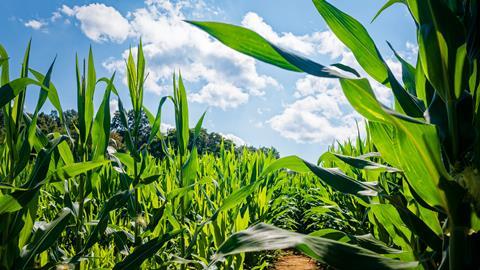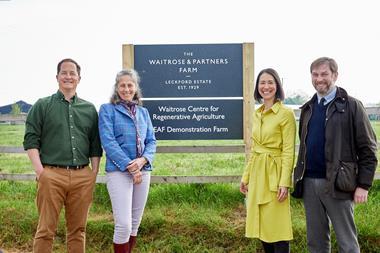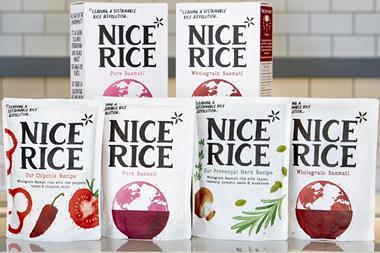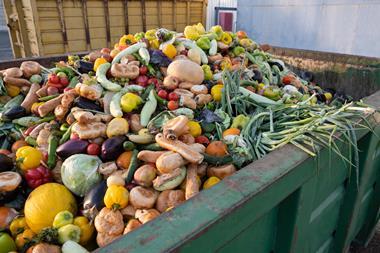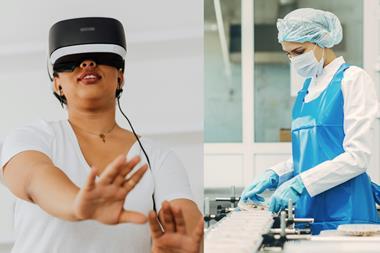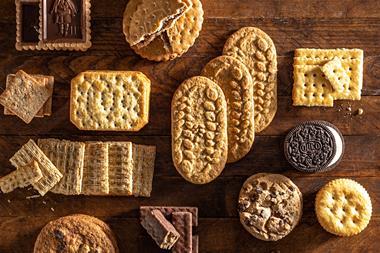Food and beverage manufacturers are under pressure to deliver their own sustainability targets while meeting the demands of consumers on environmental impact and transparency – and one way is to ensure sourcing ingredients hits the spot.
Food and beverage (F&B) producers are now facing a new world where sustainability and their own carbon footprint sits at the core of decision-making.
Whether it’s agricultural processes, manufacturing, transport, refrigeration, packaging or ingredients, these companies need the whole of their supply chain to respond to this important challenge.
And with consumers showing a growing interest in eating healthy, natural foods, and rising awareness of practices such as regenerative agriculture, they too are pushing F&B manufacturers to go further with their sustainability agendas.
In fact, over three-quarters (76%) of consumers are calling on supplier companies to take the initiative in reducing their environmental impact (Nielsen).
Meanwhile, recent research by RSPCA Assured found that two-thirds of consumers want to know where their food comes from and seek the reassurance of production transparency and traceability.
Indeed, ingredients giant Tate & Lyle’s own research has found that transparency motivates consumers not just in the UK but across the wider EU, with 74% of them saying it is ‘essential’ or ‘nice’ to have when making purchasing decisions. As such, the company says the global food industry is facing an “inflection point” and, with the climate crisis knocking at the door, this means it is time to do things differently. Partnership working is core and as Tate & Lyle points out when it comes to sustainability “No company can do this alone.”
Tate & Lyle considers itself at the centre of the future of food, making it the chosen innovation partner for many customers. An established leader in ingredient solutions, the company partners with customers globally to solve food and drink challenges and cater to the changing tastes and nutritional needs of consumers.
Transparency and clean label
As F&B producers continue to look at the sustainability credentials of their own businesses, they recognise the importance of transparency and using clean-label ingredients, such as those that are nature derived with no artificial additives or preservatives.
Producers understand that they need to partner with their supply chains to minimise their environmental impact and build climate resilience. And working with suppliers that offer a lower carbon footprint means that they can also take a step closer to achieving their own decarbonisation goals.
One area where they can make a difference is with highly functional ingredients, such as starches, that also meet these sustainability credentials.
Starches are responsible for making food production more efficient by providing process tolerance, making products resist high shear and temperatures during industrial processing, extending the product’s shelf-life, and creating textures and mouthfeel such as creaminess in yoghurts, thickness in soups or crispiness in crackers.
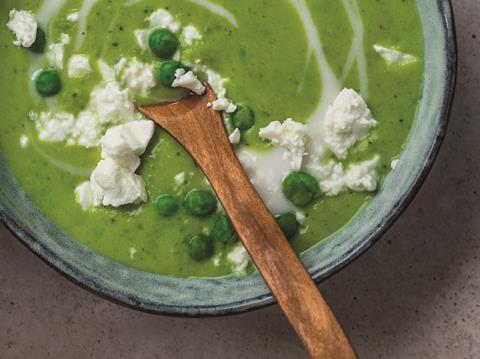
Many food producers have had to resort to modified food starches to achieve these functional needs. But Tate & Lyle has taken a step forward with its Claria® Functional Clean Label starches, which may label in the UK simply as starch, corn starch or corn flour, yet have the same functionality of modified starches.
The company’s global team of research and development scientists, together with engineers at its plant in Koog, the Netherlands, adapted the production process for its Claria Functional Clean Label Starches, to lower the product line’s carbon footprint and water use by 34% and 35% respectively, launching the Claria G range.
From early 2025, all Claria ingredients will be made using this more sustainable method and the production enhancement at the plant, which also purchases 100% renewable electricity, supports Tate & Lyle’s efforts to deliver on its science-based target to reduce Scope 11 and 22 carbon emissions by 30% and Scope 33 emissions by 15% by 2030, and to achieve net zero by 2050.
Importantly, however, it will also help to support F&B producers with their own Scope 3 targets.
“From a sustainability standpoint we are able to offer our customers a product that lowers our greenhouse gas emissions in the production of the ingredients which, in turn, then lowers their Scope 3 emissions,” says Tate & Lyle’s director of sustainability Anna Pierce.
“We took a step back and looked from a production stand point at how we could be more effective, efficient and lower the product carbon footprint.
“It was really born from our team looking at the production process and saying ‘we can do this better’.”
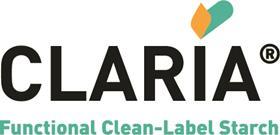
But it is not just sustainable practices on the production line that are important for Tate & Lyle. The business supports sustainable agriculture on 100% of the corn it uses through its partnership with Truterra, LLC, the sustainability business of Land O’Lakes, a US-based grower-owned cooperative, as well as sourcing sustainably verified corn in Europe.
The company is also transitioning the equivalent acreage of the corn they purchase in Europe to an on-continent solution, so that its sustainable agriculture programme more accurately reflects and engages the supply chain.
“It is really about how are you helping the farmers that are providing you with the corn?” says Pierce.
“How are you manufacturing your products in an efficient and responsible way with that continuous mindset? It is part of a value chain that is shifting in the world.”
While relaunching with improved sustainability credentials, innovation remains key at the global ingredients supplier. The company is also expanding its production capacity, as well as extending its portfolio of clean-label mouthfeel solutions.
“We are working with customers to find solutions and designing new products that meet their needs and are more sustainable,” sums up Pierce.
“Claria is a great example of understanding of our customers’ and ultimately consumers’ needs.”
Find out more about Tate & Lyle’s environmental commitments here: Caring for our planet
Summary of CLARIA® G products due to launch in early 2025:
CLARIA® G Essential - well suited for mild processing treatments (lower temperature processed and/or neutral pH products) like soups.
CLARIA® G Plus - well suited for retort and other more challenging processing treatments (higher temperature processed and/or acidic products) like low pH sauce products.
CLARIA® G Elite - well suited for extremely challenging processing treatments (ultra-high temperature processed (UHT) and/or high-pressure homogenised products) like yoghurts.
(1) Scope 1 emissions are direct emissions from owner or controlled sources
(2) Scope 2 emissions are indirect emissions generated from purchased energy
(3) Scope 3 are the emissions from the supply chain








